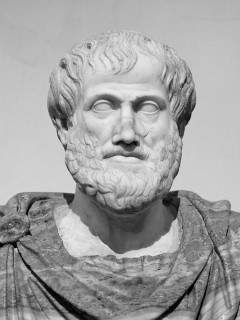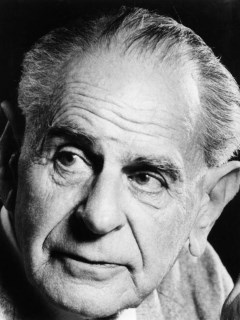
Publication details
Publisher: Springer
Place: Berlin
Year: 2004
Pages: 263-271
Series: Vienna Circle Institute Yearbook
ISBN (Hardback): 9789048165551
Full citation:
, "How can a falsified theory remain corroborated?", in: Induction and deduction in the sciences, Berlin, Springer, 2004


How can a falsified theory remain corroborated?
pp. 263-271
in: Friedrich Stadler (ed), Induction and deduction in the sciences, Berlin, Springer, 2004Abstract
Coming from a mathematical background, I was always puzzled by Popper's view, according to which, after the falsification of a scientific theory its degree of corroboration becomes zero. Most of the scientific theories taught in the physics departments have already been falsified, and what is the point of teaching theories, whose degree of corroboration is zero? The first important observation to make is that not all cases of falsification are the same. In some cases, as for instance in the case of the theory of phlogiston, the falsification happened in agreement with the Popperian picture. Scientists discarded the falsified theory and opted for its alternative. Therefore, nowadays nobody tries to make a scientific contribution to the theory of phlogiston. Nevertheless, there are cases, and Newtonian mechanics is surely the most important among them, when the behaviour of the scientists after the falsification of the theory is from the Popperian point of view incomprehensible. Many scientists were not ready to discard the falsified theory, and not for irrational reasons. Some of the deepest discoveries in Newtonian mechanics as for instance the famous Kolmogorov, Arnold, Moser theorem were made many years after this theory was falsified. I think that Andrej Kolmogorov, Vladimir Arnold or Jürgen Moser cannot be compared to an Aristotelian philosopher, who adheres to his pet theory after its falsification. What these three mathematicians did was a fundamental contribution to modern science.
Cited authors
Publication details
Publisher: Springer
Place: Berlin
Year: 2004
Pages: 263-271
Series: Vienna Circle Institute Yearbook
ISBN (Hardback): 9789048165551
Full citation:
, "How can a falsified theory remain corroborated?", in: Induction and deduction in the sciences, Berlin, Springer, 2004


